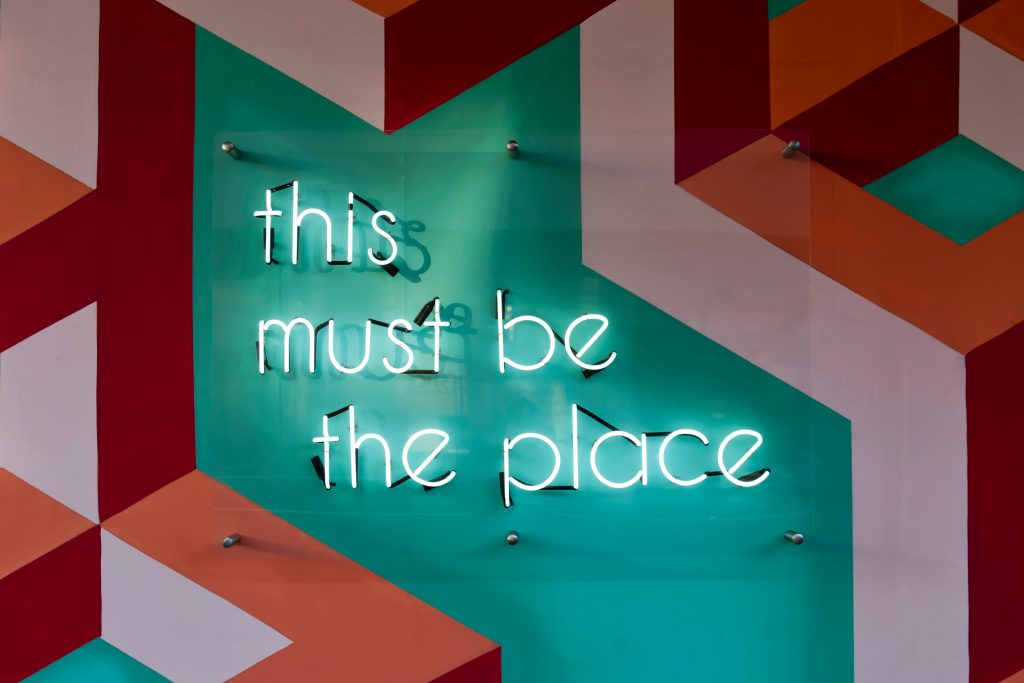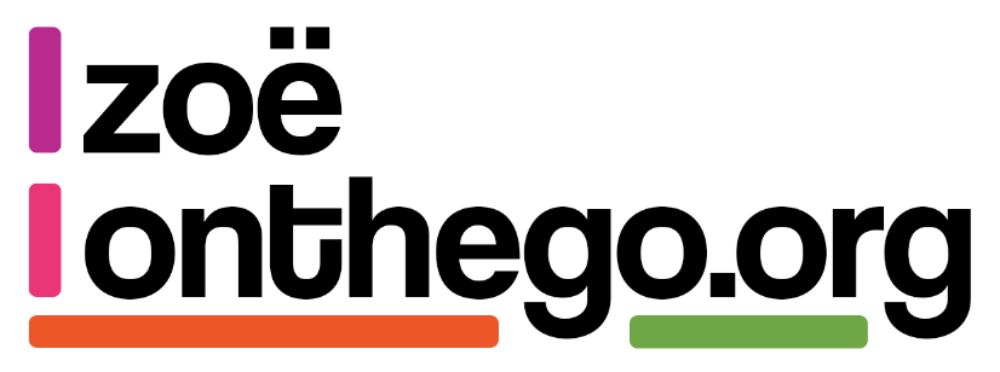Yesterday Dominic Cummings, the PM’s senior aid, wrote in his blog about the need for number 10 to hire assorted super talented weirdos, unusual software developers, fantastic communicators and great project mangers (amongst other things).
This clarion call for change in the public sector followed up from his previous statements about the need for change in the civil service. Whether you agree with his politics or not, or even agree 100% with his message about the civil service; many of his points do ring true; and the need for a radical reform in the culture, methods and leadership of the civil service has been the focus behind #OneTeamGov for years now.

Having worked in the public sector for 15 years I can recognise that Mr Cummings is right when he says that the civil service is full of “people that care, they try hard” and that, at least in the start of my career it very much felt like “The people who are promoted tend to be the people who protect the system and don’t rock the boat.”
However, I don’t think that is 100% true anymore, certainly not in some areas. The growth of Digital within government departments has certainly led to more of the ‘weirdos’ Mr Cummings mentions finding homes (at least temporarily) within Digital, and more of the radical thinkers and champions for change getting promoted and having successful careers.
However, in the last 18 months, many of my peers have, like myself, left the civil service and moved agency side into the private sector; so why is that? Is it because, as Mr Cummings states The Public sector “ruthlessly weeds out people who are dissenters, who are maverick and who have a different point of view.”
There certainly seems to be a ‘ceiling’, at which point all the change agitators and ‘new wave’ of civil service leaders leave. These people tend to reach Deputy Director and then, as I did, decided that it’s time to look outside the civil service for their next role.
However when you look around, none of us have gone very far, few have been lost to the likes of Apple; Vodaphone or HSBC. Instead we’ve all moved to the likes of Difrent, FutureGov or ThoughtWorks. For me this shows that these people still care passionately about the public sector and what it is trying to deliver, but that the red tape and restraints that bound us in the civil service were becoming too much.
For myself, Difrent gives me the chance to work somewhere that still allows me to make a valuable different, to work on the problems that effect society and to deliver change at scale and pace (which was hard to do within the public sector). Everyone I’ve spoken to, who has made similar moves, says similar; but we all agree we would return to the Civil Service, and indeed many like myself are planning to, but for now they needed a change and a change to truly deliver.

I personally don’t think this is a bad thing, gaining experience outside of the civil service can help us all grow, open us up to new ideas and ways of working, help us to become better leaders. However, the number of people who have made this move this year is interesting; especially on the back of the #OneTeamGov conversations.
While Mr Cummings states that “People in SW1 talk a lot about ‘diversity’ but they rarely mean ‘true cognitive diversity’. They are usually babbling about ‘gender identity diversity blah blah’.” Personally, I believe that it is different life experiences that bring different perspectives; however I do whole heartedly agree with Mr Cummings when he calls for “genuine cognitive diversity” within the public sector.
I think this is especially needed within the Senior Civil Service. As Kit Collingwood wrote a few years ago regarding the need for Civil Servants to become experts on empathy “we must be able to understand and accurately predict how policy will affect people’s behaviour. We must be able to understand other humans’ motivation to change, to walk in their shoes.”
Making decisions on homelessness and poverty is very hard when no one in the team or the leadership has ever had to make their limited food supply feed a family for over a week. We also need to be able to understand the links between poverty, health and crime. There are so many different factors at play when trying to write a policy on reducing knife prevention, that if you have a policy team who all look and sound alike, you will never be able to understand or deliver the changes society needs.

The Civil Service has recognised for years that it has struggled with recruiting a diverse workforce, and looking at how it recruits and the messages it is putting out there, as well as the culture that potentially puts candidates with some back grounds off is definitely key. Even within Digital, recruitment could still feel siloed and closed off to some people. I’ve blogged before about problems with role names and job descriptions putting off people who could very likely do the job just because they didn’t 100% match with the job description or found the process to apply off putting. The problem is we often make assumptions about the kind of people we are looking to hire that put off people we may never have considered.
Mr Cummings states that “I don’t really know what I’m looking for but I want people around No10 to be on the lookout for such people.” For me this open approach (wether you agree with the actual method or not) seems like a good way to try and reach the ‘cognitive diversity’ we need within the Public Sector to deliver the radical change we need.

I believe a lot of the people Mr Cummings is looking for are around; either already within the public sector, working alongside it, or trying to get inside but struggling to find their way in.
I think we do need to think outside the box when it comes to recruitment, however it’s not just about recruiting the right people. We need to change the culture within the Public Sector to take on the lessons we have learned within Digital about User Centric design and the positive impact of multidisciplinary teams and reflect on how we can bring ‘cognitive diversity’ into the whole of the public sector. It requires a culture that invests in those people, their development and that allows them to successfully deliver. To change the system, you have to build a culture that enables the system to change.
